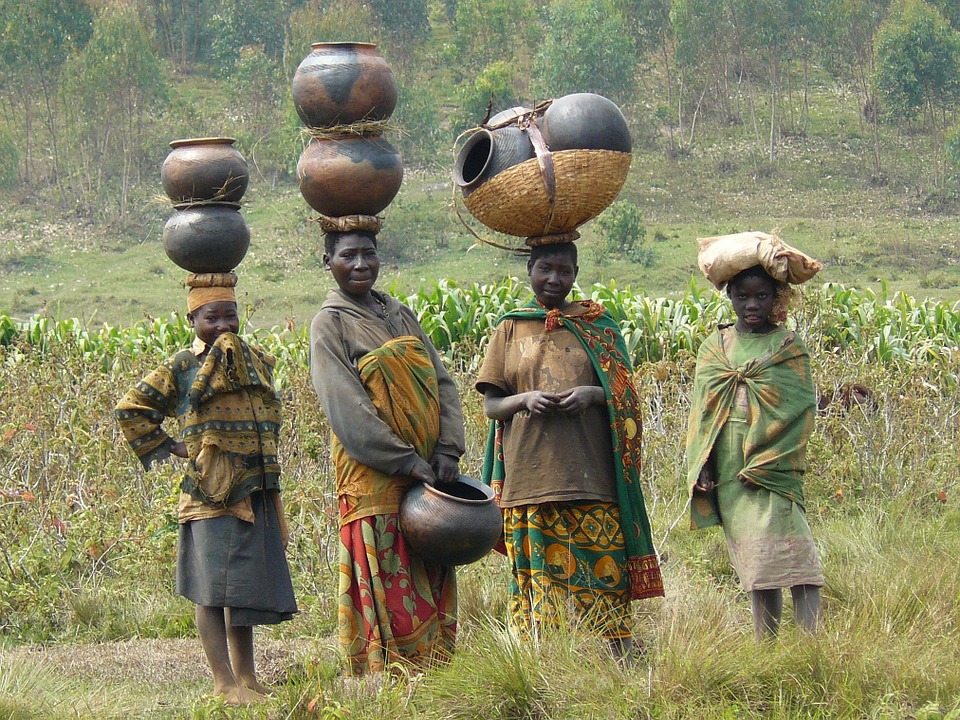
In Uganda, 41% of individuals board poverty, and almost half of Uganda’s population is under the age of 15, representing one in every of the youngest populations within the world. Uganda also hosts the biggest refugee population in Africa—more than one thousand thousand refugees have fled their home countries to hunt for asylum in Uganda. Over the following decade, agricultural development is the most priority to assist improve outcomes for low-income families. Agriculture will be an increasingly important industry for youth and refugees to seek out viable opportunities to earn sustainable livelihoods for themselves.
Although Uganda may be a Sub-Saharan country with one of the very best rates of poverty reduction, the country remains among the poorest within the world. consistent with a 2016 poverty assessment, poverty in Uganda reduced significantly between 2006 and 2013. the amount of Ugandans living below the poverty level declined from 31.1 percent in 2006 to 19.7 percent in 2013.
The issue now’s the sustainability of this poverty reduction, as Uganda is lacking important non-monetary resources.
4 Leading Causes of Poverty in Uganda
1. Safety net programs are of limited availability in Uganda, which increases the vulnerability of households to fall back to poverty. This percentage is far under the two.8 percent average for geographical region. because of this lack of Social Security, 35 percent of Ugandans depend on their life savings and 25 percent depend on their family.
2. Diseases are another explanation for poverty in Uganda. Families in Uganda are often large.
3. Though an oversized portion of the population earns its livelihood through agriculture, there’s still an excess parturient opportunity. Further improvement within the productivity of agriculture is important to produce more work and produce people out of poverty.
4. thanks to a high dependency on add agriculture and also the informal sector, there’s a scarcity of skilled labor among Ugandans. Without skilled labor, it’s challenging for Uganda to get important non-monetary resources and narrow subsistence options.